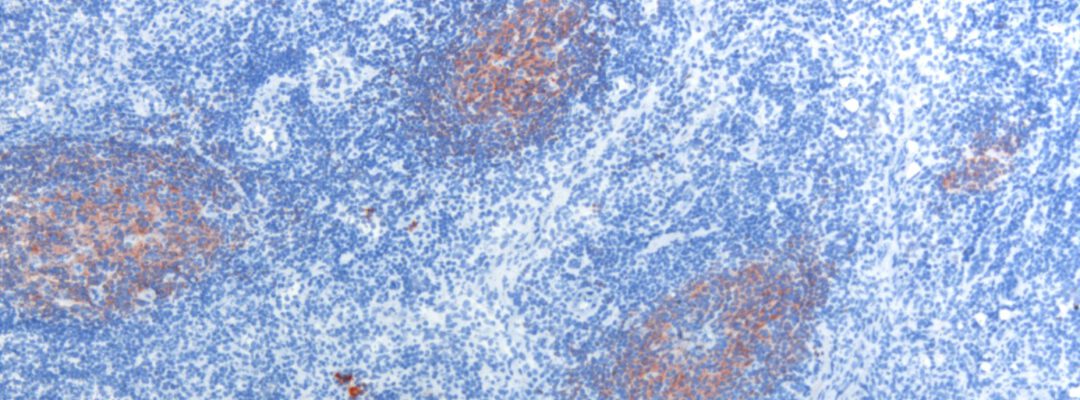WP2 & WP5
WP2: B-cell assays in health and disease
WP2 is dedicated to set-up specialized cellular assays to study the dynamics, diversity and function of B-lymphocyte differentiation in health,
B-IMDs and B-ONC. We are building a powerful, state-of-the-art, B-cell immune monitoring platform based on integration of existing and novel assays for immune monitoring of B-cell function and differentiation in health and B-IMDs/B-ONCs. These assays include deep-immunophenotyping of B cells at a single cell level, using CyTOF and scRNA-sequencing, and functional analyses by investigating differentiation and signaling of B cells.
With this Target-to-B!-dedicated platform, we can characterize the B-cell compartment in healthy individuals and B-IMD/B-ONC patients, to assess
B-cell function, pathogenicity and/or recovery in our clinical cohorts (WP1) and subsequent in-depth analysis in dedicated lines of research (WP5-8). The strong collaborations and interactions with the other work packages stimulate to efficiently build this immune monitoring platform. It will allow us to investigate the contribution of the B-cell/plasmablast and plasma cell compartment in many B-IMD and B-ONC and compare results, thus yielding a truly disease-overarching B-cell immunomonitoring platform.

WP5: B-cells in health and disease of B-IMD/B-ONC
WP5 focuses on the actual investigation of the role of B-cell differentiation and B cell function in health and disease, in order to obtain a detailed understanding of phenotypic and functional B cell properties that are unique for or shared between B-IMDs/B-ONCs. For this, we will apply the B-cell immunemonitoring platform for different diseases. We are in the process of harmonizing our protocols between the different institutes. Cohorts have been inventoried and samples from dedicated cohorts will be selected to perform deep-immunophenotyping using CyTOF and assess the contribution of B cell function and B cell differentiation to different diseases. We will investigate common and disease-specific molecular mechanisms that lead to the generation of pathogenic B-cells or explain the contribution of the pathogenic B cells to disease. Currently, we focus on comparing AAV, RA, Sjögren, Pemphigus, CIDP/GBS/MS, MG and B-ONC (CLL, FL). The knowledge obtained will aid in improved disease monitoring in B-IMDs/B-ONCs and may provide clues to which B-cell targeted therapeutic strategies are most effective in B-IMDs/B-ONCs
Collaborators

Anja ten Brinke
























